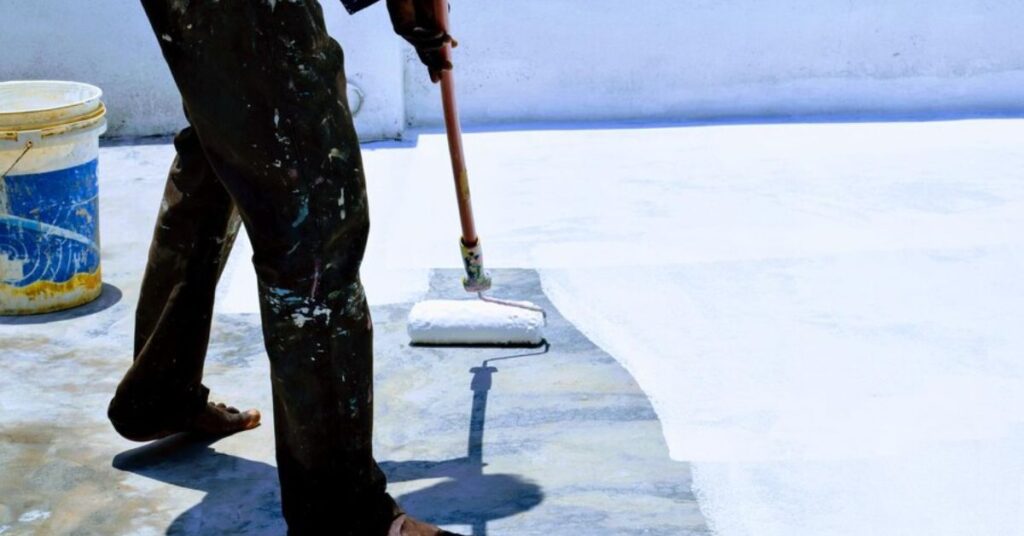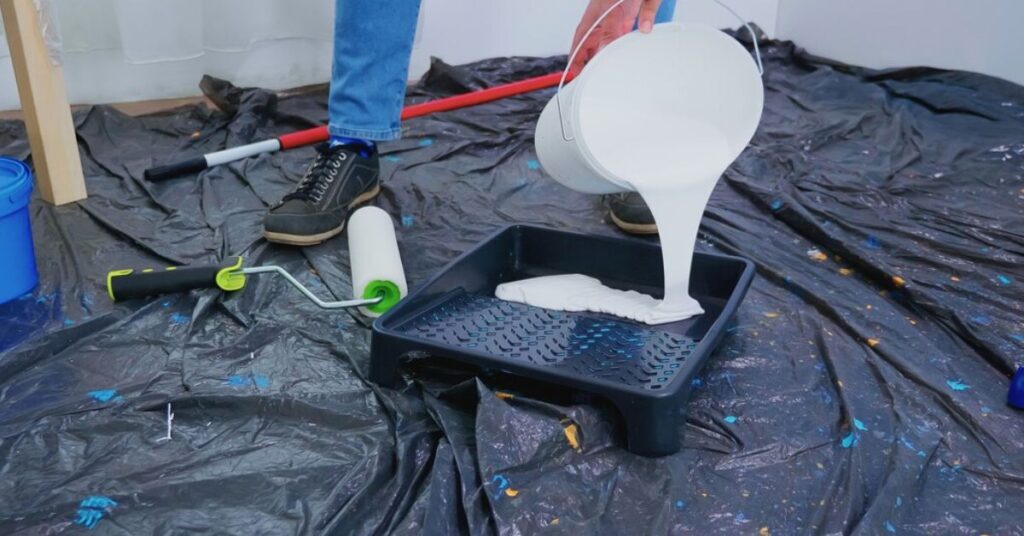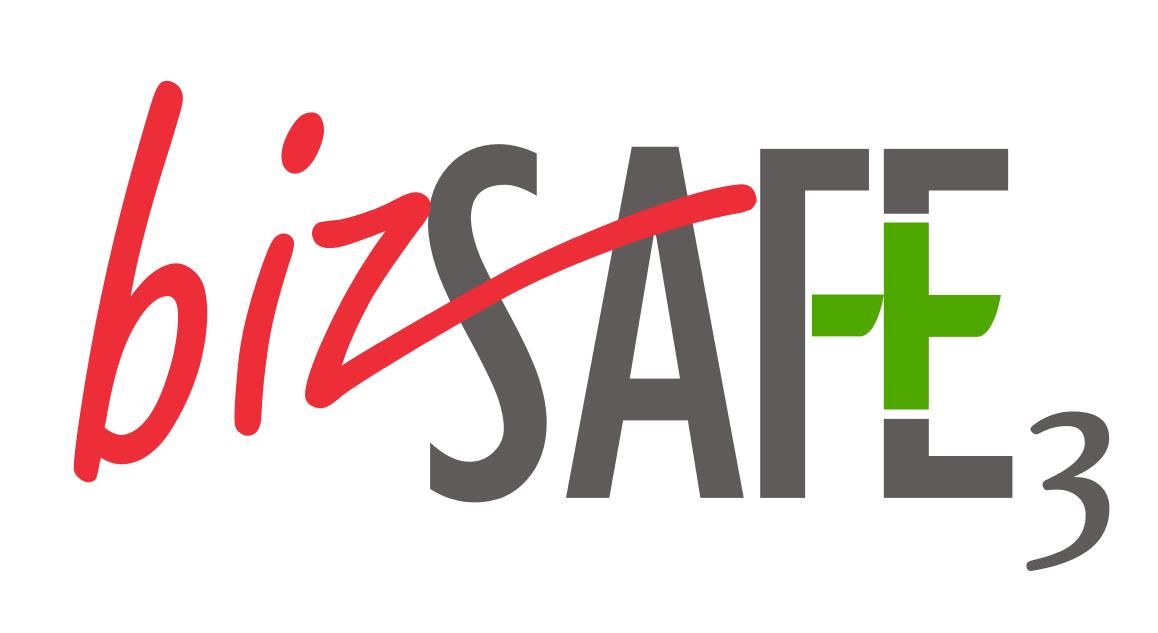
Singapore’s tropical weather, with its frequent heavy rain and high humidity, presents unique challenges for maintaining metal roofs. Without proper waterproofing, these roofs can quickly develop leaks, rust, and other forms of damage that compromise their durability and the overall safety of a building. Waterproofing is not just a recommended step but an essential one to protect metal roofs and extend their lifespan in such a climate.
If you are considering roof waterproofing, you might be torn between doing it yourself (DIY) or hiring a professional service. Each option has its own set of advantages and disadvantages. In this guide, we’ll explore both choices in detail to help you make the best decision for your needs.
Why is Waterproofing Important?
Metal roofs are strong and can last a long time, but they are not entirely safe from damage. Water can seep into small gaps or cracks, causing leaks. Over time, rust can spread, weakening the roof and making it less effective.
In Singapore, where it rains a lot, these problems can get worse quickly. Without waterproofing, a roof may need frequent repairs, which can be costly. Waterproofing protects your roof, extends its life, and helps you avoid significant problems down the road.
For more insights on the best waterproofing options in Singapore, check out this detailed guide: 7 Best Waterproofing Types in Singapore.
DIY Waterproofing: Pros and Cons
Many homeowners consider DIY waterproofing to save money. While DIY projects can be rewarding, they also have challenges.
Benefits of DIY Waterproofing
The most significant advantage of DIY waterproofing is saving money. You don’t have to pay for labor, which can be a large part of the cost when hiring professionals. Waterproofing materials are also easy to find in stores or online.
DIY waterproofing also empowers you to take control of the project. You can select the materials you use and work at your own pace. For those who relish hands-on work, the sense of accomplishment from fixing something yourself can be genuinely empowering, making you feel more confident and capable.
Challenges of DIY Waterproofing
DIY waterproofing isn’t as easy as it seems. Correctly applying the sealants or coatings takes time and skill. If you don’t do it right, the roof might still leak, and you’ll spend more money to fix it later.
Another challenge is choosing the right materials. Singapore’s hot and rainy weather requires waterproofing products that can withstand both. Knowing which ones are best for your roof can be difficult without expert advice.
Safety is also a big concern. Working on a roof can be dangerous, especially if you don’t have the right tools or experience. Falling from a roof can cause serious injuries, so safety should never be taken lightly.
Lastly, DIY waterproofing often doesn’t last as long as professional work. You might need to reapply the coating more often, which can become a hassle over time.
Professional Waterproofing: Pros and Cons
Hiring professionals is more expensive, but it comes with many benefits.
Benefits of Professional Waterproofing
The main advantage of hiring a professional is their experience. Professionals know how to handle waterproofing in Singapore’s climate and can spot minor issues, such as rust or cracks, that you might miss.
Professionals also use high-quality materials and tools that aren’t always available to regular customers. These products last longer and provide better protection for your roof.
Another benefit is the time and effort you save. Professionals work quickly and efficiently, so you don’t have to spend weekends on the roof. Many companies also offer warranties, which means they’ll fix any problems if something goes wrong.
For a better understanding of how professional waterproofing can increase your property’s value in Singapore, read this insightful article: How Waterproofing Can Increase Your Property’s Value in Singapore for 2025.
Drawbacks of Professional Waterproofing
The biggest downside is the cost. Professional waterproofing services are more expensive than doing it yourself. You’re paying for their labor, materials, and expertise.
It can also be hard to find the right contractor. Not all companies offer the same quality of work, so it’s essential to do your research before hiring someone. During busy seasons, it might take time to schedule an appointment.
How to Decide Between DIY and Professional Services
When choosing between DIY and professional waterproofing, consider the condition of your roof, your budget, and the time and effort you’re willing to invest. This structured approach will help you decide what best suits your needs, making you feel informed and prepared.
If your roof has only minor issues, like minor cracks or leaks, and you feel confident in your skills, DIY might work for you. However, hiring a professional is usually better if your roof is older or has severe damage.
Another key factor is your budget. DIY waterproofing is cheaper upfront, but mistakes can cost you more later. Professional services are more expensive but often last longer and come with warranties, saving you money in the long run.
Think about the time and effort involved, too. DIY waterproofing can take hours or even days, especially if you’re not experienced. Professionals can finish the job much faster, allowing you to focus on other tasks.
What to Expect from Professional Waterproofing

Knowing what the process involves is helpful if you decide to hire professionals.
First, they’ll inspect your roof for damage, leaks, or weak spots. Based on this assessment, they’ll recommend the best waterproofing solution and provide a precise cost estimate so you know what to expect.
Professionals will apply sealants or coatings to protect your roof during the job. They’ll cover every part of the roof so no unprotected spots are left. Some companies use advanced tools, like thermal imaging, to find hidden leaks or problems.
After the work is done, you’ll likely receive a warranty. This gives you peace of mind because the company will fix any issues that arise later. Professionals may also advise you on maintaining your roof, providing a sense of reassurance and security.
Conclusion
Both DIY and professional waterproofing have benefits and drawbacks. DIY saves money but carries risks like safety concerns and mistakes. Professional waterproofing costs more but offers better results, less stress, and long-term savings with warranties and expert work. When choosing, consider your roof’s condition, budget, and available time. But always remember, waterproofing is not just a task; it’s a key to protecting your roof and property.

